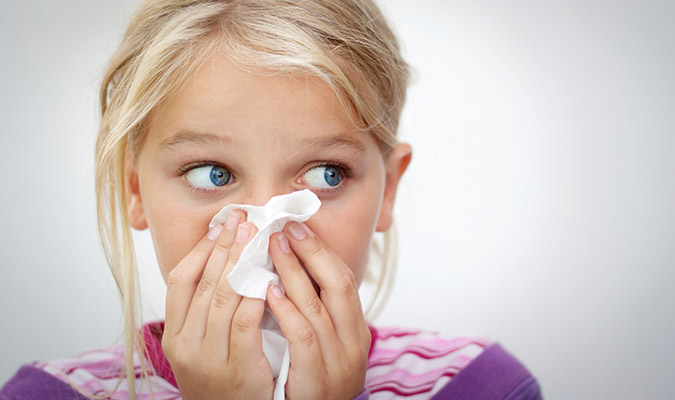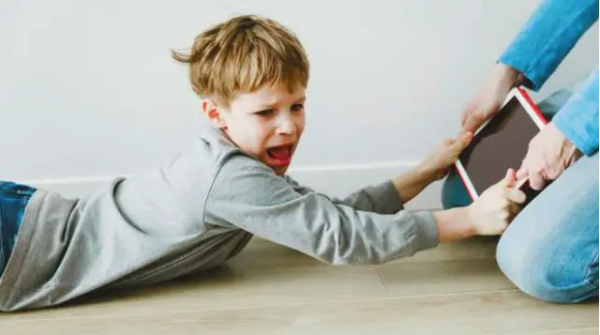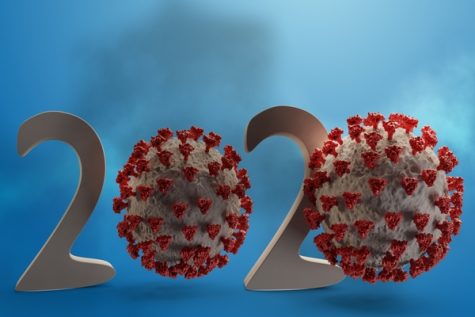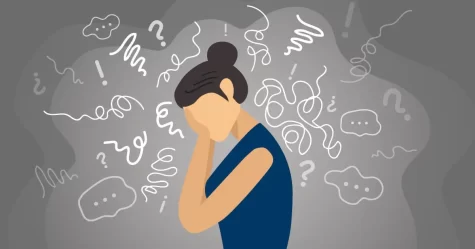RSV Cases Are Rising Rapidly: How Can We Help?
November 4, 2022
As the winter months creep closer to our calendars and the lovely cool breezes are finally making their ways into the air, there has been a high rate of people getting their flu and COVID-19 vaccinations. With it being over two full years since COVID-19 first took its toll on the world, people have somewhat calmed down about the illness and allowed life to come back to complete normalcy. Though, recently, an additional virus has come about and has skyrocketed in cases with the name of respiratory syncytial virus– or RSV.
In short, RSV is a common respiratory virus that tends to only cause mild, cold-like symptoms. It usually only affects children under the age of two years old, premature infants, children and adults with weak immune systems, children in crowded care centers, and adults with asthma or other lung and heart diseases. It can spread through the touching of eyes, mouths, and noses, or being coughed or sneezed on by an infected person. Mild symptoms of RSV include a stuffy and runny nose, a mild headache, a mild cough, a mild fever, and a sore throat. The rather serious symptoms of RSV include discoloration of skin, difficulty breathing, rapid breathing, poor appetite, wheezing, a severe cough, and a fever. The sickness typically only lasts for about one week, but if a severe case isn’t managed in any way at all, it could lead to pneumonia and bronchitis, an infection of the middle ear, and a child may get higher risks of developing asthma later in life.
There have been many scattered questions as to why RSV has suddenly hit so hard on the world after existing for quite a long time, and the reason for this actually roots from the COVID-19 pandemic. Infants born in 2022 or after did not experience their first season of RSV, so at the moment, they are all experiencing RSV and other infections for the very first time. “We’ve had this whole cohort of young children who haven’t had that usual constant exposure to viruses at day care or in preschool or out in the community. And so now they’re getting exposed and it’s hitting them really hard,” states Dr. Vandana Madhavan, director of advanced pediatrics at Mass General Brigham in Boston.
Unfortunately, there is no vaccine yet to prevent RSV infection, but scientists are working to develop one. On the bright side, there is a treatment called palivizumab, and it is available to high-risk infants. It is an injection that can be given to babies born with certain lung or heart conditions who are at high risk for severe RSV disease.
Don’t be frightened of RSV, as there are many things you can do to protect yourself and the people around you from catching it. Make sure to always wash your hands with soap and water for at least 20 seconds, and help young children do the same. This is especially important before eating or after you’ve just gotten home from a public setting. Also, if your hands are unwashed, keep them away from your eyes, nose, and mouth as germs spread this way. If there is someone you know who is currently having cold-like symptoms, avoid close contact, such as kissing and sharing cups with them. If you suspect that you may have the virus, make sure to stay home from work, school, and public areas so others will not be infected with your illness. Cover your mouth and nose when coughing or sneezing. Additionally, clean and disinfect any surfaces and objects that people frequently touch, such as toys, doorknobs, and mobile devices so germs of RSV or other infections do not get left behind on them.












Christine Summa • Nov 4, 2022 at 1:45 pm
Chelsea,
Great report! You executed this like a pro!
Keep it up!